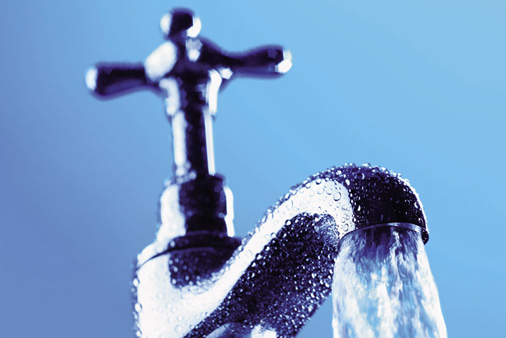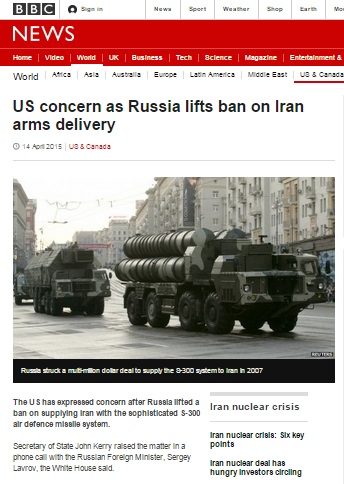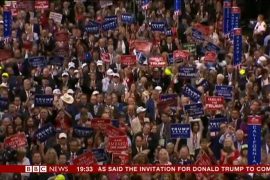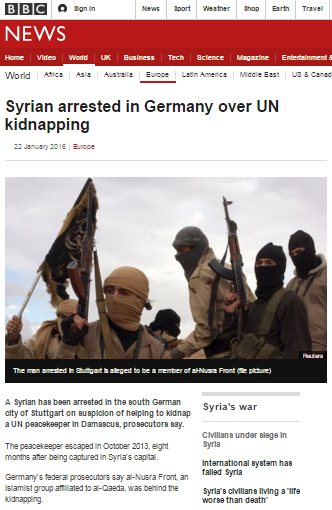At best, BBC portrayal of the regularly reported topic of the water supply in the Gaza Strip is superficial, with no explanation of how the chronic crisis came about. At worst, BBC portrayal of that issue leads audiences to believe that Israel is responsible for the situation.
“There is grinding poverty, ah…a dirty water supply, you have power blackouts, massive health problems…” Tom Bateman, BBC Radio 1, 14/5/19
“Water’s an issue here as well. There is little rain and the World Bank says the water supply – well it’s just poor. There’s not enough of it and you really, really can’t drink the tap water.” Daniel Rosney, BBC Radio 1, 14/5/19
“…they don’t even have enough clean water; whether for the patients to drink, for the staff to wash their hands or even to sterilize their instruments.” Mishal Husain, BBC One, 17/1/19
“It’s a densely populated strip of land. A place that the United Nations has warned could be unliveable by 2020. One of the most acute problems is a shortage of clean water – something that Maher Bolbol needs not only at home but for his business. It’s a coffee stall where he makes the equivalent of just £2 a day. Gaza’s economy is at a standstill; badly affected by years of a blockade by Israel and Egypt – they say for security reasons.” Mishal Husain, BBC One, 16/12/18
“…you’re saying that Israel’s besieging tactics in Gaza – the fact that Gaza doesn’t really have power supplies that work, it doesn’t have clean water, it has a jobless rate of 60% or more – you’re saying all of this isn’t tough enough; that Israel should be hammering Gaza harder. Is that it?” Stephen Sackur, BBC World News, 26/11/18
It is nevertheless highly unlikely that any of the BBC Jerusalem bureau staff will be making the two hour journey south to report this story.
“Israel’s national water company Mekorot has begun work on an upgraded pipeline to Gaza that will increase the flow of drinkable water into the blockaded enclave.
The new pipeline will enter Gaza at its center, crossing over from the Eshkol Regional Council in Israel to connect to the Strip’s water system […]
There are three pipelines currently carrying freshwater from Israel into Gaza at three sites along the border. In agreements with the Palestinians, Israel committed to transferring 10 million cubic meters (2.6 billion gallons) of water each year to Gaza, but in practice transfers a bit more, roughly 11.5 million cubic meters (3 billion gallons). […]
Construction work began in recent days, and is being conducted under heavy military guard out of fear that Gazan terror groups will open fire on the crews as the pipeline-laying work nears the border.”
Yes, the story of a country supplying water to a terrorist-run entity which repeatedly attacks its citizens is not straightforward – but it is one which a media organisation with an obligation to “provide duly accurate and impartial news, current affairs and factual programming to build people’s understanding […] of the wider world” should be telling.
Related Articles:
The BBC’s monochrome framing of Gaza’s chronic utilities crisis
Banal BBC News report from the Gaza Strip fails to inform
Gaza Strip background the BBC does not provide




